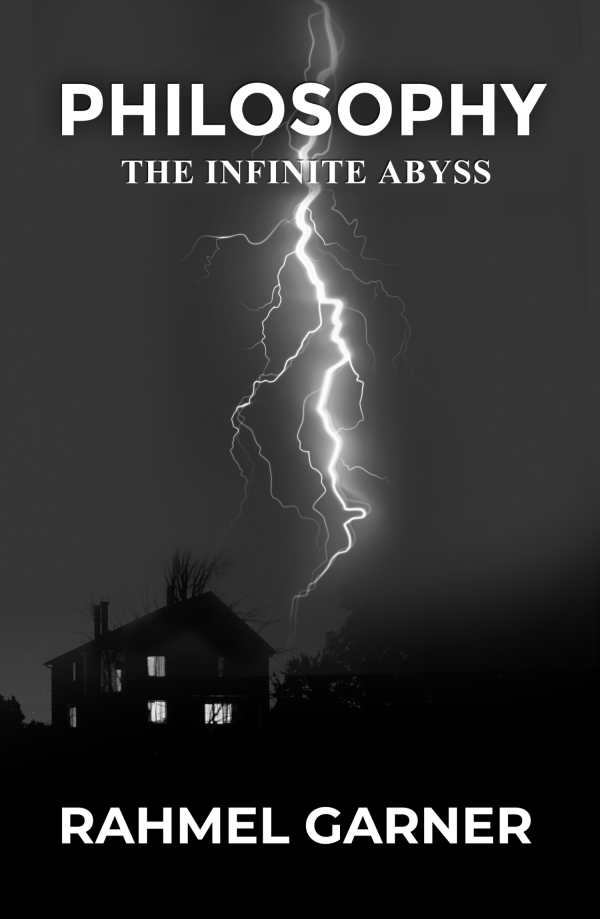Philosophy
The Infinite Abyss
Philosophy is a casual discourse that addresses human nature from a personal perspective.
Rahmel Garner’s discourse Philosophy questions the essence of human nature and proposes the influence of the devil on human beings’ perceptions of reality.
Arguing that human nature is duplicitous and evil, the book puts itself at odds with its introductory claim that “there is no fate but that which we make.” Much of its argumentation is dedicated to naming negative human traits, the devil’s ability to seduce people, and the notion that most people are unwilling to perceive truth about human existence, which it calls alienating and depressing.
The text covers familiar philosophical ground in exploring human nature. It also presents itself as “the most intriguing and most inspiring work of nonfiction of our time”—one of many bold claims. The tone throughout is one of superiority, and the audience is addressed as perhaps not intelligent enough to understand what is being argued. Yet what comes through is a text that asks interesting rhetorical questions without interpreting or discussing them enough to compel agreement.
The book is short, beginning with an introduction before diving into the main section. A series of poems comes at the end, though they are an odd fit with the material that comes before them, using uncomplicated, straightforward terms to emphasize that much is pointless and that all is known and overseen by God.
In form, the text is casual and stream-of-consciousness—personalized, rather than academic. While this imparts a feeling of intimacy, the book’s casualness means that it is not a tight text: points repeat themselves, or are circuitous or contradictory. Few clear points are made beyond the book’s initial claim that humans are prone to evil, and no point is explored with any depth.
The book’s overriding lack of structure is awkward within its framework as a philosophical text. Discussions aren’t clear, and they all happen within the course of one unbroken chapter. The final product feels rushed and breathless, with the central thesis never in enough focus to make the discourse feel cohesive.
The book’s perspective is absolute, and no counterarguments are addressed to strengthen its points or make it more persuasive. The issues raised feel unresolved, and the grand stakes it sets up aren’t achieved. In the end, the text is too brief to do the work it sets out to do.
Reading like a personal journey through an existential quandary, Philosophy is an exploration of human nature without clear conclusions.
Reviewed by
Shana Creaney
Disclosure: This article is not an endorsement, but a review. The publisher of this book provided free copies of the book and paid a small fee to have their book reviewed by a professional reviewer. Foreword Reviews and Clarion Reviews make no guarantee that the publisher will receive a positive review. Foreword Magazine, Inc. is disclosing this in accordance with the Federal Trade Commission’s 16 CFR, Part 255.

